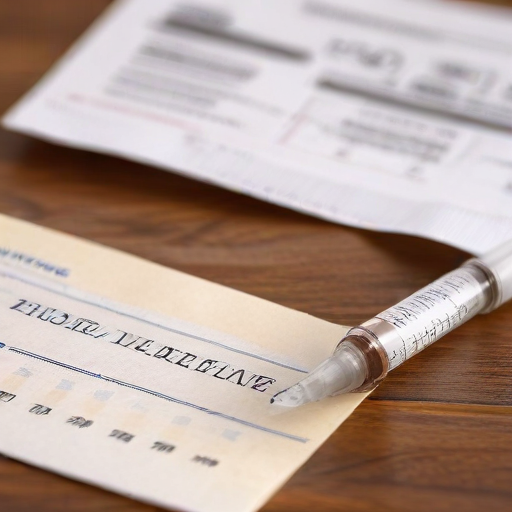On a significant day in 1955, a breakthrough announcement declared that Jonas Salk’s polio vaccine was 80 to 90 percent effective against the disease that causes paralysis. This event was met with enthusiasm, drawing a crowd of 500 medical scientists and 150 reporters to an auditorium at the University of Michigan, while celebrations resonated across the country as pots clanged and factory whistles blew.
In the decades that followed, the fight against polio was remarkably successful, with the disease that once paralyzed or killed over 500,000 people annually becoming virtually eliminated in the United States.
However, a recent development has raised concerns as a lawyer for Robert F. Kennedy Jr. has petitioned the Food and Drug Administration (FDA) to revoke the approval of the current polio vaccine, which is a successor to the original Salk vaccine. The argument rests on the assertion that the vaccine has not been tested against a placebo.
Experts are warning that if the FDA were to act on this request, it could result in devastating consequences. Dr. Walter Orenstein, who oversaw immunization programs at the Centers for Disease Control and Prevention during the late 1980s and 1990s, cautioned that this could lead to significant outbreaks of polio. He emphasized the virus’s ability to spread undetected, particularly due to the prevalence of asymptomatic cases, which could result in serious outbreaks and the reemergence of paralysis.
In conclusion, while the legacy of the polio vaccine has been one of triumph and nearly eradicated the disease in the U.S., the fight is not over, and vigilant support for approved vaccines is crucial in maintaining public health. There is hope that continued public awareness and advocacy for immunization can safeguard against the potential return of this dangerous disease.
